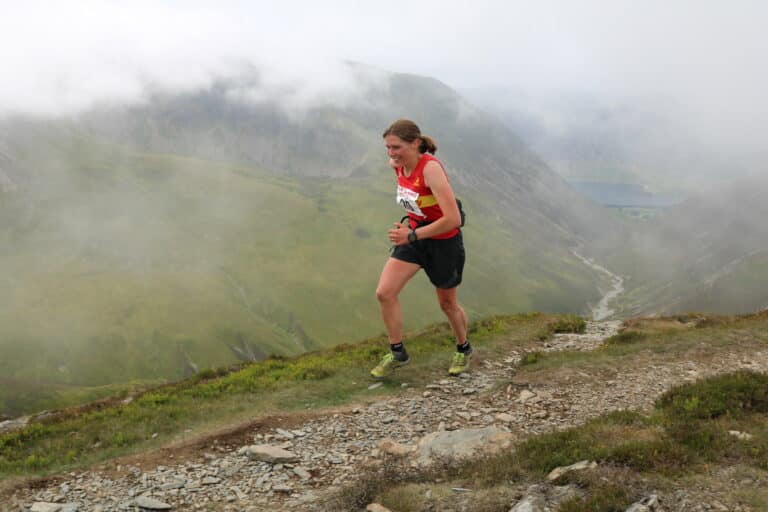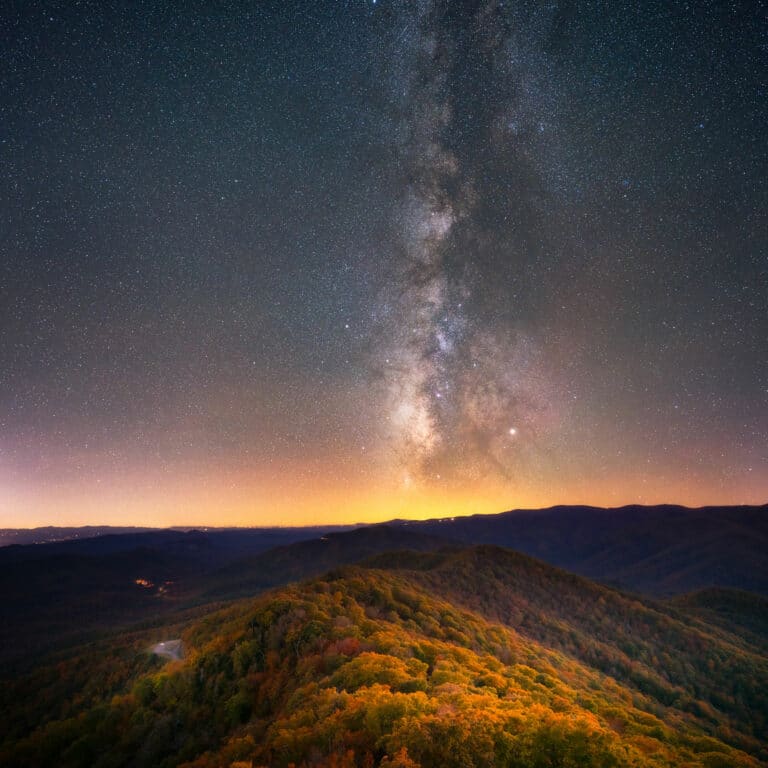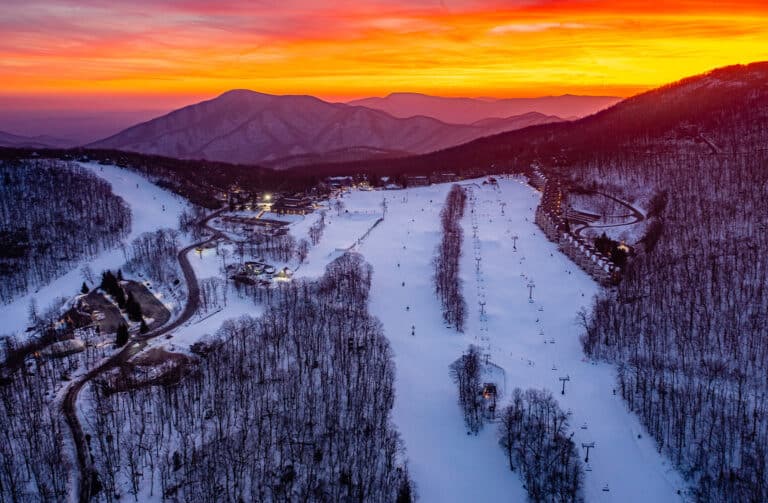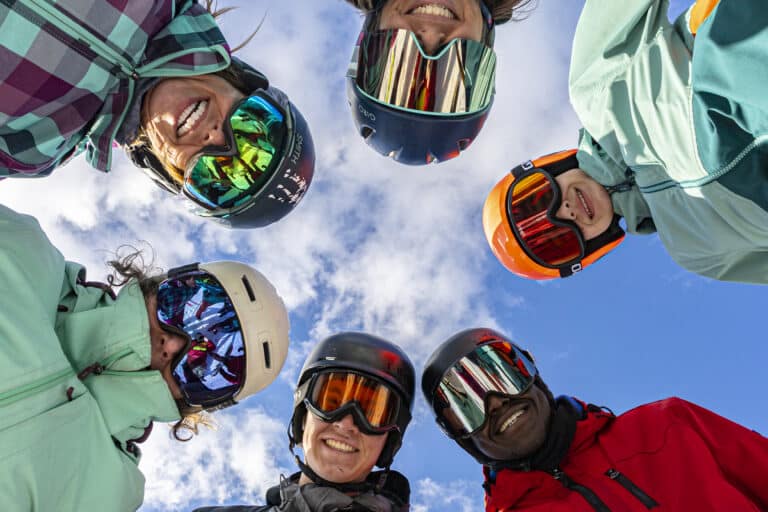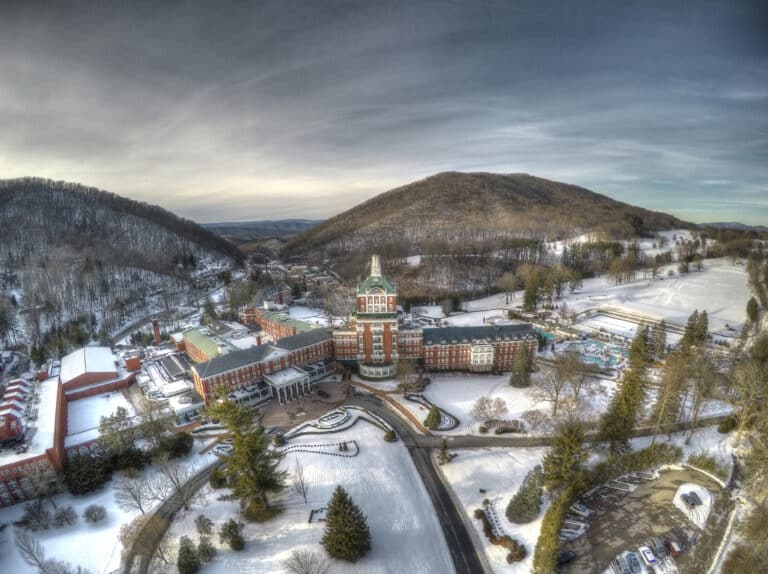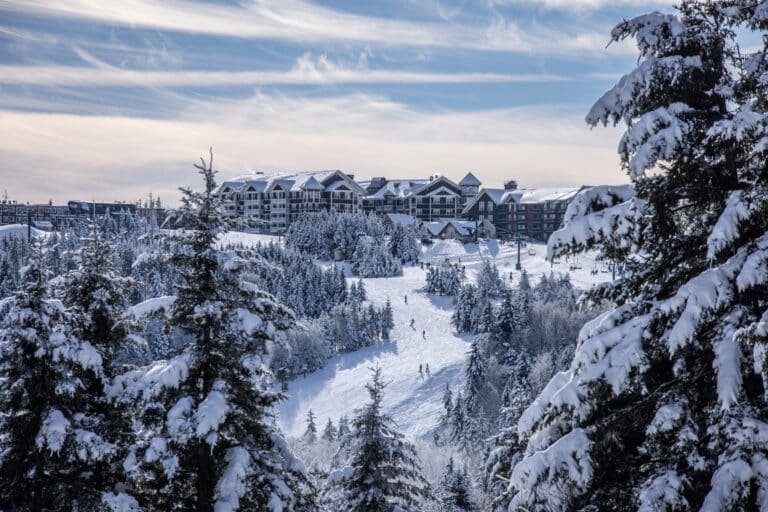Editor’s Note: This story was printed in our October issue before Hurricane Helene devastated portions of western North Carolina and surrounding areas. Please check with local officials for access advisories.
Blue Ridge backpackers love the Art Loeb Trail for the 360-degree views of the surrounding mountains seen while hiking this 30.1-mile route that moves through some of the best terrain in Pisgah National Forest. But the stunning sights in this western North Carolina favorite are well-earned. The trail’s south-to-north route gains about 8,000 feet in elevation, while the north-to-south route requires about 7,300 feet of climbing. Along the way, hikers cross four different 6,000-foot peaks, including Black Balsam Knob, which is known for both its rocky terrain and beautiful vistas. Here’s a quick guide to hiking the Art Loeb Trail.

Getting to the Trail
The Art Loeb Trail is a point-to-point hike, which means that you can either bring two cars or set up a shuttle to hike the entire trail. The latter option can be arranged with local outfitters like Pura Vida Adventures (pvadventures.com), which also offers guided day hikes and backpacking trips on the trail.
Those who choose to bring their own vehicles usually leave one at the southern end of the trail, at the Davidson River Campground (1 Davidson River Circle, Pisgah Forest, N.C.). The second car goes to the Daniel Boone Boy Scout Camp (3647 Little East Fork Road, Canton, N.C.). Keep in mind that parking regulations often change in the area. Hikers can typically find a spot along the Little East Fork Road, south of the Boy Scout Camp.

Hiking the Trail
The Art Loeb Trail is generally best hiked from spring to fall. The rocky, uneven trail and steep conditions make it a challenging route for even intermediate and advanced hikers. Backpackers typically take anywhere from two to five days to tackle the whole trail.
The trail is divided into four segments that are commonly used by locals for recreational day use. Section two covers Black Balsam Knob and is generally considered to be the most challenging segment, traveling 7.2 miles over steep and rocky terrain. Most of section three is above 6,000 feet, giving hikers amazing views along the way.
Water Sources on the Art Loeb
Depending on the time of the season when you’re hiking, there are usually about half a dozen water sources along the Art Loeb Trail. The most accessible sources are located at the Butter Gap and Deep Gap Shelters, although the Deep Gap Shelter’s water source is located down a short side trail.
During the spring and early summer, hikers can find streams running both north and south of campsites near Black Balsam where they can collect and filter water. Many have luck at Gloucester Gap (where a stream is located about 250 yards off of the dirt road). Shining Rock Gap also features a water source that’s located a short walk down a set of steps.

Camping on the Art Loeb
Camping is fairly easy to find along the Art Loeb Trail, but it does get busy or even fill up during the summer. None of the campsites along the trail require reservations, instead operating on a first-come-first-serve basis. Many hikers choose to camp at or around Butter Gap and Deep Gap Shelters due to the easy access to water. There are also a handful of dry campsites located north of Black Balsam, and a number of fairly developed campsites along the trail. Pisgah National Forest’s dispersed camping guidelines apply in this region.
Other Things You Need to Know
Cell phone service is unpredictable and often unavailable along the trail. For this reason, it’s important to download regional maps before setting out, and consider carrying paper maps for the journey. While most of the trail is easy to follow, there are a few places where trail intersections make it possible to get off-route.
The trail is dog-friendly, but pets must be kept on leash, and keep in mind that bears frequent the area. For this reason, when camping along the Art Loeb, bear canisters are required. Several local outfitters offer bear canisters for both purchase and rent, including French Broad Outfitters (canisters run $9 per day) and Blue Ridge Hiking Co. (where they cost $25 for the first day and $5 for consecutive days). The Forest Service also offers a first-come-first-serve canister borrowing program that is valid for up to seven days at a time.


